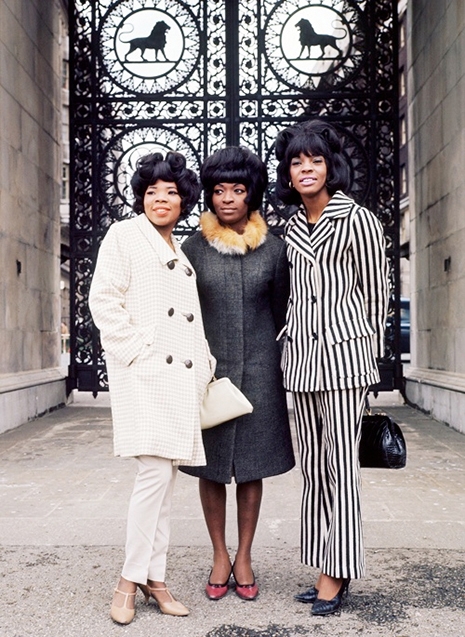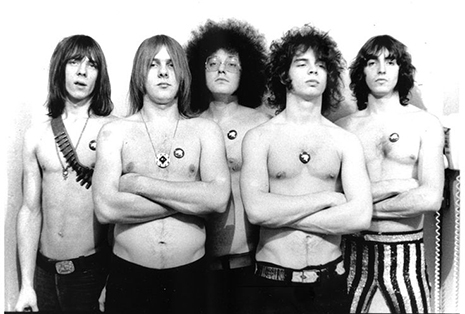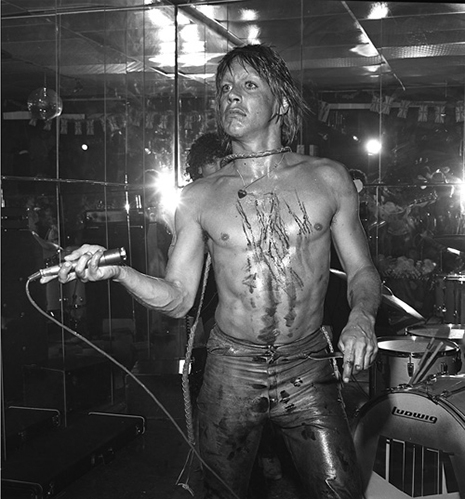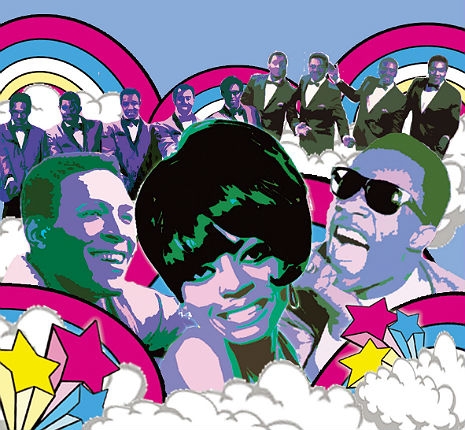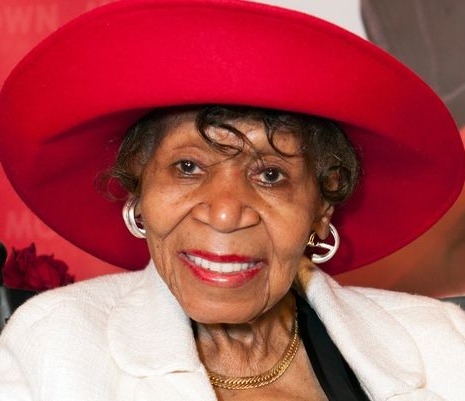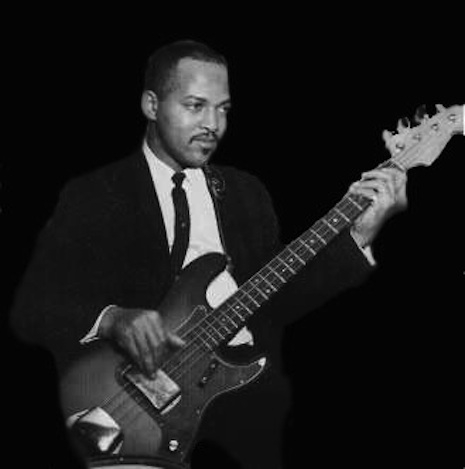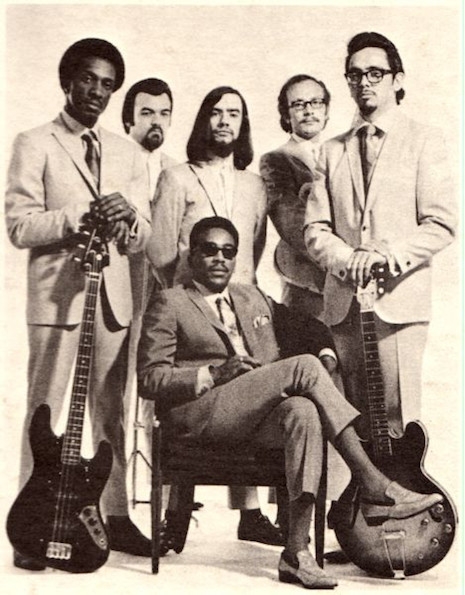
Can you find Tommy Chong in this group shot of Bobby Taylor & the Vancouvers?
During the musical section of their set at LA’s Novo on Wednesday, Cheech and Chong played a song called “Does Your Mama Know About Me.” Chong wrote the lyrics for the number, which was a hit Motown single in 1968, and which Cheech says he adored before he ever met Chong. YouTube has fuzzy smartphone video of the duo performing it at a 2011 show.
As Cheech tells the story, he moved to Canada in ‘68—not to evade the draft, of course, but to protect Canada from a Vietnamese invasion—and when he was introduced to his future partner in Vancouver the following year, he immediately recognized him as the “T. Chong” credited on the label of that Motown record about an interracial couple he’d spun so many times.
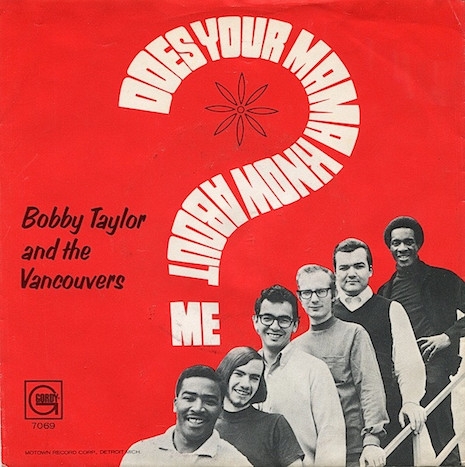
Chong was one of the guitarists in Bobby Taylor & the Vancouvers, itself an interracial group which got some press by changing its name to “Four N*ggers and a Chink” during an engagement at Dante’s Inferno; lead singer Taylor is often credited with discovering the Jackson 5. Berry Gordy signed Bobby Taylor & the Vancouvers to the Motown subsidiary Gordy Records in 1967. Their recording of “Does Your Mama Know About Me” peaked at number 29 on the Billboard chart in May, 1968, and the Supremes’ version appeared on their Love Child LP, released later that year. This post from Night Flight goes into Chong’s musical career in some detail, but the best source is Cheech & Chong: The Unauthorized Autobiography:
...just before we were discovered by the Supremes and Berry Gordy, I wrote a poem that started our songwriting career. Tom Baird, who was a talented keyboardist and composer, read my poem and put music to it. It was a poem about a black guy asking his girlfriend if her mama knew about him. The song was also about my own experiences with white women. Being half Chinese, there had been times—actually, many of them—when I had to drop a girl off at the end of the block so her parents wouldn’t see who she was dating. That experience saddened me. It hurt to know that my race was a deciding factor for white people.
~snip
Soon the Harlettes discovered the song. They were the all-girl group that sang backup for Bette Midler, Diana Ross, and Jermaine Jackson, and they actually recorded it. The lyrics also changed the way Motown songwriters wrote. Until “Does Your Mama Know About Me?” came along, R & B music had always consisted of love songs. Now songwriters started exploring the color barrier with their songs. “Papa Was a Rolling Stone” and “Love Child” come to mind as examples of this shift.
Berry Gordy loved our song, and after it hit the charts, he put us on the road with Diana Ross and the Supremes. We opened the show and performed part of our club routine, which eventually pissed off Diana Ross so much that she had the tour manager tell us to stop doing it. The part Diana took offense to was a Parliament song whose lyrics we changed to say “Oh, white girls, you sure been delicious to me.” Our song pissed off the promoters, who were unprepared for an outrageous performance from the “opening act.” They had hired Diana Ross and the Supremes, who had become a “white act.” The promoters did not appreciate this unknown band from Canada singing about white girls’ being “delicious,” especially with so many white girls in the audience.
Listen to “Does Your Mama Know About Me” after the jump…






